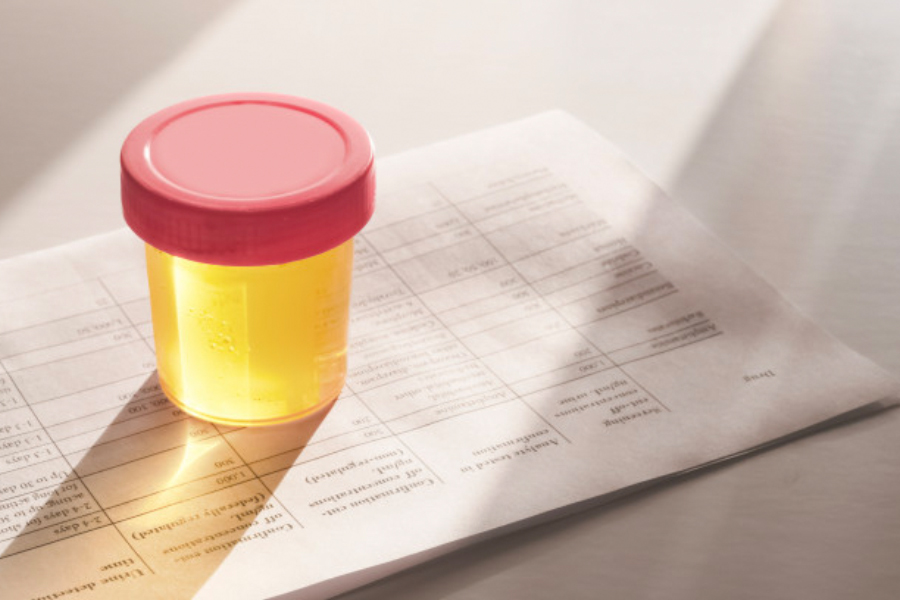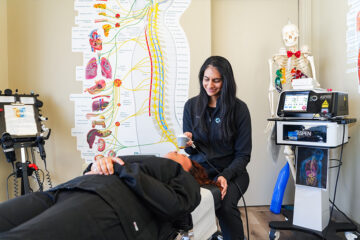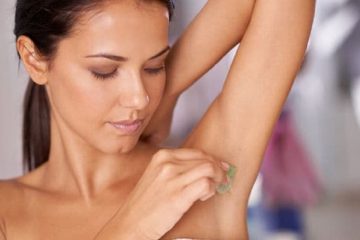What age does nocturia start?

We are often told to pass urine before we sleep and to make sure that the private area is clean and dry. Urination may seem like a part of the body system that seems to not play important roles in the body as much as the heart or brain but do you know that urination helps to give clues if your kidney is working properly? Urination helps to dispel waste from the body and help maintain fluid balance in the body. Thus, you have to take care of your health so that all of the body systems can work efficiently. In this article, we will be learning about one of the conditions that cause urination to become problematic, known as nocturia.
Nocturia is defined as the need for patients to wake up at night on a regular basis to pass urine. A person is said to have nocturia only after a period of sleep before the many episodes of passing urine. Nocturia is not to be confused with nocturnal enuresis. Nocturnal enuresis is the involuntary urination while asleep or often known as bed-wetting whereas nocturia occurs at night when a person wakes up and then passes urine.
Nocturia is said to be affecting 1 in 3 adults over the age of 3. They will at least make 2 trips to the bathroom every night. It is common in those aged 60 and above. Nocturia starts as early as the age of 30. Women tend to have nocturia earlier than men since men often have this when they reach 50s to 60s. Nocturia is always associated with long-term sleep deprivation due to the inconvenience it causes.
Nocturia is caused by many factors but in general, it is caused by one of the 4 main problems known as nocturnal polyuria, global polyuria, bladder functional storage issues and sleep disorders. Combination of these can lead to nocturia.
1. Nocturnal polyuria is defined as nighttime urinary production that is greater than 20{d3144949159d8321ab3e9185c49dabe6851356b9ea69e295831943a1586e2a8c} of the total 24-hour volume of urine in younger adults or more than 33{d3144949159d8321ab3e9185c49dabe6851356b9ea69e295831943a1586e2a8c} in older people. This can be caused by the intake of caffeine, high dietary salt intake, excessive oral fluid in the evenings, alcoholism and medical conditions such as congestive heart failure, obstructive sleep apnea, evening use of diuretics, peripheral edema and chronic venous insufficiency of the lower limbs.
2. Global polyuria is defined as continuous urinary overproductions throughout the day and typically results in urine volume more than 40mL/kg in 24 hours. It is often associated with increased fluid intake, drug effects, diabetes mellitus, renal insufficiency and lack of hormone oestrogen in females.
3. Bladder storage problems due to reduced bladder capacity, bladder overactivity or sleep disorder. It is often aggravated by alcohol, caffeine, anxiety, diuretic medications, radiation, diseases affecting the private area such as prostate enlargement or atrophic vaginitis and prolonged use of bladder catheter.
4. Sleep disorders are suspected when patients are unable to return to sleep after nocturia or complain of morning fatigue. Nocturia will occur in 50{d3144949159d8321ab3e9185c49dabe6851356b9ea69e295831943a1586e2a8c} of patients with obstructive sleep apnea.
Symptoms of nocturia are mainly the need to wake up 2 or more times every night to urinate. Due to the frequent urination at nights and waking up in the middle of the night, it often led to sleep problems causing a person to not get that good quality sleep. It also makes the person feel groggy, moody and less productive during the day.
Although nocturia itself may not be an urgent condition to be treated, it is necessary for patients to take steps to deal with this issue especially when it begins to bother the patient. Most people are not bothered with nocturia until it becomes severe and disrupts sleep such as having 2 or more urination at night. Treatments should at least provide a 50{d3144949159d8321ab3e9185c49dabe6851356b9ea69e295831943a1586e2a8c} reduction or no more than 1 to 2 urination episodes per night. Patients need to understand that complete resolution of the nocturia may be impossible.
Treatment often initially starts with lifestyle changes. This means patients need to adapt new action or behaviour into their life. This includes to restrict fluid intake 2 to 4 hours before going to sleep, prepare for bed 20 to 30 minutes before bedtime by relaxing protocol such as meditation, limit intake of alcohol and caffeine product, reducing dietary salt and protein intake late in the day, regular physical activity such as afternoon walk and avoid exercise late in the day, take diuretics medications at least 6 hours before hitting the sack and to use compression socks or elevate legs with pillows, avoid overthinking when going to bed and making sure bed is only for sleeping.
If these lifestyle changes are not enough to help with nocturia, medicines may be prescribed by doctors. Often patients need to try many types of medicines first before knowing what works best. Medicines such as anticholinergics, antidiuretic hormone therapy, antidepressant and Botox injections are only some of the many medications that may be prescribed by a doctor. Behavioural therapy such as pelvic floor muscle training is typically recommended before medicine is given. At times, combination of lifestyle changes, behavioural therapy and medicines may be considered as it often produces the best results.
Leave a reply
You must be logged in to post a comment.











